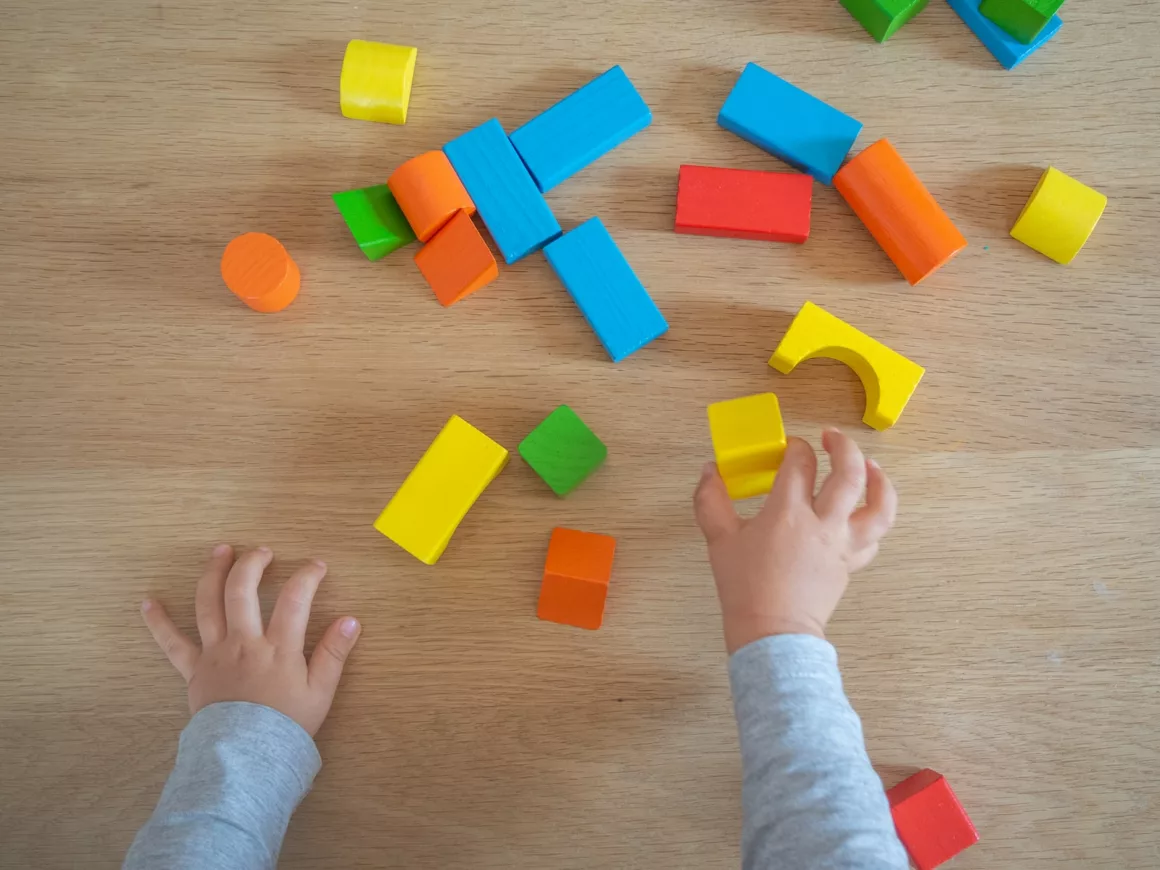Table of Contents
Understanding Minimalism in Parenting
Minimalism isn’t just about owning fewer things; it’s about making space for what truly matters. In the context of family life, it’s about fostering deep connections, encouraging growth, and nurturing creativity.
Unfortunately, there are misconceptions about minimalist parenting. Some believe it’s about denying kids experiences or possessions. Instead, it’s about eliminating the unnecessary, ensuring what remains is truly beneficial.
Benefits of a Minimalist Upbringing
Raising children in a minimalist environment has many dimensions of benefits, which positively impact both the child and the family as a whole.
There’s the undeniable emotional advantage. In an environment free from the clutter of excessive possessions, children find it easier to navigate their emotions. A minimalist setting often translates to fewer distractions, fostering stronger familial bonds and allowing children to develop deeper connections with their immediate world.
From a psychological perspective, children from minimalist households frequently develop an intrinsic sense of self-worth. Instead of relying on the latest toys or gadgets for validation, they find confidence in their abilities, talents, and relationships. This sense of self-worth established in childhood often carries into adulthood, making them more resilient and content individuals.
On the economic front, families that adopt minimalist practices tend to prioritize essential over superfluous expenses. This not only results in considerable savings but also reduces financial stressors that many families face. Less financial strain means a more harmonious household environment, devoid of unnecessary tensions related to monetary matters.
Environmentally, there’s much to be said about the benefits of minimalism. Reduced consumption directly correlates with a smaller carbon footprint. By teaching children the value of sustainability through minimalism, parents are not just raising conscious individuals but also contributing to the betterment of the planet.
Lastly, minimalism cultivates creativity and gratitude. With fewer belongings, children learn to cherish what they have, improvising and innovating with available resources. A game with a cardboard box or creating art from nature teaches children to value experiences over mere possessions, fostering a genuine sense of gratitude.
Simplifying Possessions and Playtime
By emphasizing “quality over quantity,” parents can ensure their kids engage in more meaningful play. Instead of a multitude of short-lived toys, investing in durable and multifunctional toys like wooden blocks, art supplies, or classic board games can offer years of imaginative play. Such toys not only last longer but also encourage cognitive and creative skills.
Screen time, while sometimes educational, often limits real-world experiences and imaginative play. By setting screen time boundaries and promoting outdoor play, reading, and hands-on activities, parents can ensure holistic development. Nature hikes, DIY crafts, or even simple stargazing can be profound experiences for young minds.
Children’s living spaces should mirror the principles of minimalism. A room free from clutter promotes calmness and focus. Organizing and decluttering can be a periodic family activity, where children participate in choosing which items to retain, donate, or recycle. This exercise not only maintains order but also teaches decision-making, sharing, and the value of letting go.
More than just a room or play area, a minimalist space can be a haven for a child, fostering feelings of security and belonging. Without the distractions of ever-changing toys or tech, children find consistency and comfort, further promoting their emotional and mental well-being.

Minimalism in Daily Routines and Activities
Implementing minimalism in daily routines is as much about time as it is about possessions.
Parents are often tempted to enroll their kids in numerous extracurricular activities, from music lessons to sports. However, it’s crucial to recognize that over-scheduling can lead to stress and burnout. It’s more beneficial to allow children to choose one or two activities they’re genuinely passionate about, ensuring they engage deeply and gain meaningful experiences.
In the realm of education, it’s essential to prioritize depth over breadth. Instead of skimming over numerous subjects or topics, focusing on deeper learning and understanding can be more rewarding. This principle can be applied to homework routines, reading habits, or even family discussions about current events.
When it comes to household chores, the minimalist approach advocates for simplicity and efficacy. Instead of a long list of tasks, parents can introduce a rotating chore chart. Involving children in age-appropriate tasks like setting the table, watering plants, or even cooking simple dishes not only teaches them essential life skills but also instills a sense of responsibility and achievement.
A well-structured day doesn’t mean rigid schedules. It means carving out time for unscheduled, spontaneous activities. This balance between structured routines and free time allows children to explore, imagine, and simply be, emphasizing the essence of minimalism in daily life.
Teaching Kids the Value of Less
This section may be the core of minimalist parenting. Regular conversations about gratitude can be woven into daily routines. Nightly gratitude reflections, for instance, can help children focus on their blessings. Mindfulness activities, such as deep breathing or nature walks, can further this understanding.
When it comes to possessions, teach children to make choices. Allowances or chores can be tied to money, teaching kids about saving, spending wisely, and the joy of giving. When they want a new item, encourage them to think about its necessity and long-term value. Above all, emphasize experiences over material things. A day at the park, a family game night, or a camping trip can be far more valuable than another toy.

Challenges and Misunderstandings
As with any lifestyle choice, minimalist parenting isn’t without challenges. Society often equates material possessions with love or success. Children might feel they’re “missing out” compared to their peers. It’s crucial to communicate the reasons behind the minimalist lifestyle to your children, ensuring they understand it’s a choice rooted in love and values.
Birthdays and holidays can be tricky. Instead of numerous gifts, consider experiences or long-lasting gifts. Educate family members about your choices to avoid uncomfortable situations. Remember, it’s not about deprivation but prioritization.
Conclusion
In conclusion, raising kids in a minimalist household is not about denying them pleasures but enriching their lives by focusing on what truly matters. In a world overwhelmed with distractions, minimalism offers a way to bring clarity, connection, and depth to the parent-child relationship.


